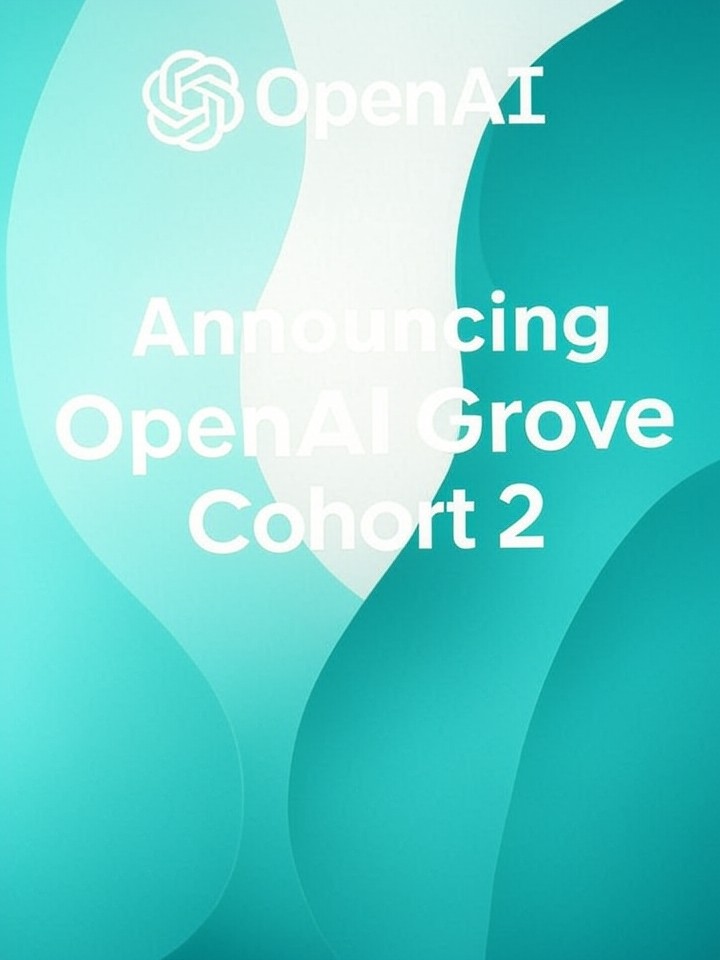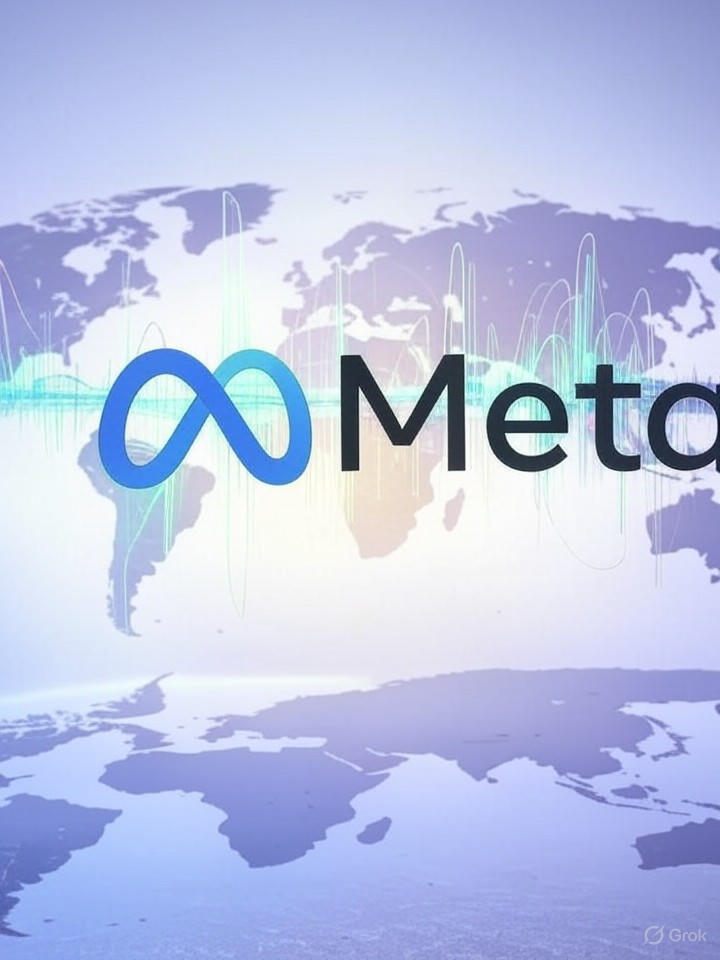Meta Expands AI Speech Recognition to Over 1,600 Languages as Israeli Startup Wonderful Lands $100 Million Series A
In a week that highlights the rapid advancement and diversification of artificial intelligence, two major developments have captured the attention of the tech world. Meta, the parent company of Facebook and Instagram, announced a significant expansion of its AI speech recognition capabilities—now supporting over 1,600 languages. Meanwhile, Israeli startup Wonderful has raised an impressive $100 million Series A round, demonstrating investor enthusiasm for scalable AI agent infrastructure that promises to go beyond simple chatbot models.
Meta Expands AI Speech Recognition to 1,600+ Languages
Meta’s latest move underscores the company’s long-term goal to create a universal AI model capable of understanding and processing human language at an unprecedented scale. By extending its speech recognition technology to over 1,600 languages, the company positions itself as a global leader in inclusive AI technology. This expansion is part of Meta’s ongoing Massively Multilingual Speech (MMS) project, originally launched in 2023 to break language barriers using self-supervised learning and open-source data.
Language diversity poses one of the biggest challenges in natural language processing (NLP). Many of the world’s 7,000+ languages have limited digital resources, making it difficult to train AI models effectively. Meta’s breakthrough approach leverages open data and multilingual representation to make speech recognition and translation accessible to communities that have traditionally been overlooked by big tech.
Advancing Global Communication Through AI
This expansion allows users to communicate and interact with Meta platforms in their native tongue, enhancing accessibility for millions across Africa, Asia, and South America. Meta’s AI can now transcribe, translate, and understand spoken words in languages that were previously unsupported by most commercial speech models.
According to Meta researchers, this technology will not only power in-app features like voice commands and real-time translations but also play a key role in building safer moderation tools that detect harmful content in lesser-spoken languages. This is crucial in maintaining content integrity in multilingual regions where disinformation often spreads unchecked.
Open-Source Commitment and Research Impact
In keeping with its open-source mission, Meta has released key datasets and models for academic and commercial research. This move will undoubtedly accelerate innovation in multilingual AI tools, empowering developers to integrate real-time translation and transcription into next-generation applications and devices.
Wonderful Raises $100 Million to Redefine AI Agent Infrastructure
While Meta focuses on broadening language inclusion, Israeli AI startup Wonderful is building the foundational systems required for the next evolutionary step in artificial intelligence — scalable, autonomous agents that can perform complex digital tasks without human oversight.
The company announced a $100 million Series A investment led by Index Ventures, with participation from Insight Partners, IVP, Bessemer Venture Partners, and Vine Ventures. The magnitude of this round, especially in the crowded AI agent market, highlights the investors’ belief that Wonderful is offering something more substantial than a simple AI interface layer.
Building the Infrastructure for Autonomous AI Agents
Wonderful’s platform focuses on developing the orchestration infrastructure needed to connect, coordinate, and deploy AI agents across various digital ecosystems. Unlike traditional chatbot startups that rely on existing large-language models such as GPT, Wonderful aims to build a composable AI foundation that allows different agents to work together to execute multi-step processes — from scheduling and research to complex data analysis and decision-making workflows.
Sources close to the company have noted that Wonderful’s approach focuses heavily on scalability and reliability, essential factors for enterprises looking to integrate AI automation on a large scale. The company reportedly plans to use this new funding to grow its engineering teams, accelerate product development, and expand its footprint in North America and Europe.
Standing Out in a Competitive AI Agent Landscape
The AI agent sector has become highly competitive, with numerous startups attempting to develop assistants capable of handling specialized or general-purpose tasks. However, most of these projects are limited in scope and depend on third-party models for intelligence and processing power. Wonderful differentiates itself by constructing a full-stack infrastructure that can manage workflows across distributed systems, essentially acting as the backbone for intelligent automation.
Investors see this as a pivotal innovation, akin to the rise of cloud computing infrastructure a decade ago — where the underlying frameworks, not just the applications, determined long-term success and scalability.
Global AI Ecosystem: The Bigger Picture
Together, Meta’s language expansion and Wonderful’s infrastructure advancement mark two sides of a broader AI evolution. Meta’s initiative is democratizing access to AI-powered communication by including underrepresented languages, while Wonderful is laying down the foundation for intelligent systems capable of autonomous orchestration. Both highlight a common theme in today’s AI landscape — the transition from tools that simply assist humans, to ecosystems where AI can operate, collaborate, and scale independently.
Implications for Businesses and Developers
For enterprises, these developments open tremendous opportunities. Meta’s multilingual models enable localized customer engagement without high translation costs, while platforms like Wonderful could automate entire workflows. Small businesses, developers, and tech innovators can leverage these tools to create multilingual virtual assistants, real-time customer support bots, and intelligent process automation systems.
This combination of language-inclusive AI and agent orchestration infrastructure could pave the way for a more connected and efficient global economy, where tasks can be executed across linguistic and technical boundaries seamlessly.
Challenges and Ethical Considerations
Despite the clear potential, both advancements raise critical questions about ethical AI usage, data privacy, and model transparency. Meta’s immense language dataset, while revolutionary, must ensure the respectful handling of cultural and linguistic nuances. Similarly, AI agent frameworks like Wonderful’s must guarantee that autonomous systems act within defined ethical and security boundaries to avoid misuse or unintended consequences.
Industry experts are calling for broader cooperation between governments, academia, and technology firms to establish standards that ensure fairness, accountability, and inclusiveness as AI systems become more integrated into daily life.
Conclusion: A New Era of Intelligent, Inclusive AI
The simultaneous rise of global AI initiatives like Meta’s multilingual speech recognition and infrastructure-focused startups like Wonderful showcases where artificial intelligence is heading — toward a smarter, more connected, and more inclusive digital world.
As AI continues to evolve beyond simple automation into truly adaptive and intelligent ecosystems, businesses, developers, and users worldwide will benefit from tools that not only enhance communication but transform the very architecture of information management and decision-making.
These developments signal a critical moment in AI’s trajectory — one where innovation meets inclusion, and where the infrastructure for tomorrow’s intelligent systems is being built today.











